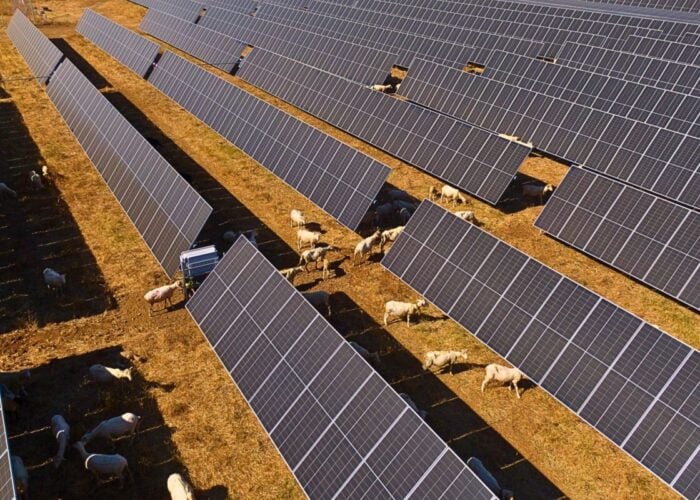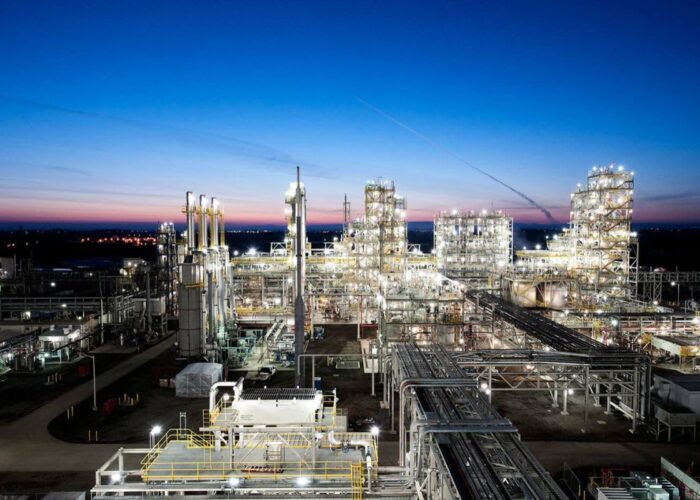
The Australian federal government’s 2024-2025 budget includes a major investment in clean energy manufacturing and an energy bill rebate for households.
Treasurer Dr Jim Chalmers announced the budget last night (14 May). It covers fiscal policy for the next decade and comes a year ahead of the deadline for holding the country’s next general election.
Unlock unlimited access for 12 whole months of distinctive global analysis
Photovoltaics International is now included.
- Regular insight and analysis of the industry’s biggest developments
- In-depth interviews with the industry’s leading figures
- Unlimited digital access to the PV Tech Power journal catalogue
- Unlimited digital access to the Photovoltaics International journal catalogue
- Access to more than 1,000 technical papers
- Discounts on Solar Media’s portfolio of events, in-person and virtual
Two main themes that emerged in Chalmers’ speech were the cost-of-living crisis and the need to invest in the economy, specifically the green economy, by onshoring clean energy manufacturing, and turning Australia into a “renewable energy superpower,” the treasurer said.
Among the cost-of-living measures announced was a non-means-tested A$300 (US$199.34) energy bill rebate for all households and A$325 (US$215.87) for small businesses over the next financial year, paid quarterly.
Meanwhile, the Labor government’s plan, Future Made in Australia, will see A$22.7 billion (US$15.1 billion) invested over the next ten years aimed at maximising “the economic and industrial benefits of the international move to net zero,” as well as securing the country’s place “in a changing global economic and strategic landscape,” Chalmers said.
“We know the global energy transformation represents a golden opportunity for Australia. The world is changing, the pace of that change is accelerating, and our approach to growth and investment needs to change as well,” Chalmers said.
“If we hang back, the chance for a new generation of jobs and prosperity will pass us by – and we’ll be poorer and more vulnerable as a consequence. This budget invests in our renewable energy superpower ambitions.”
Read the full version of this story on our sister site, Energy-storage.news.







